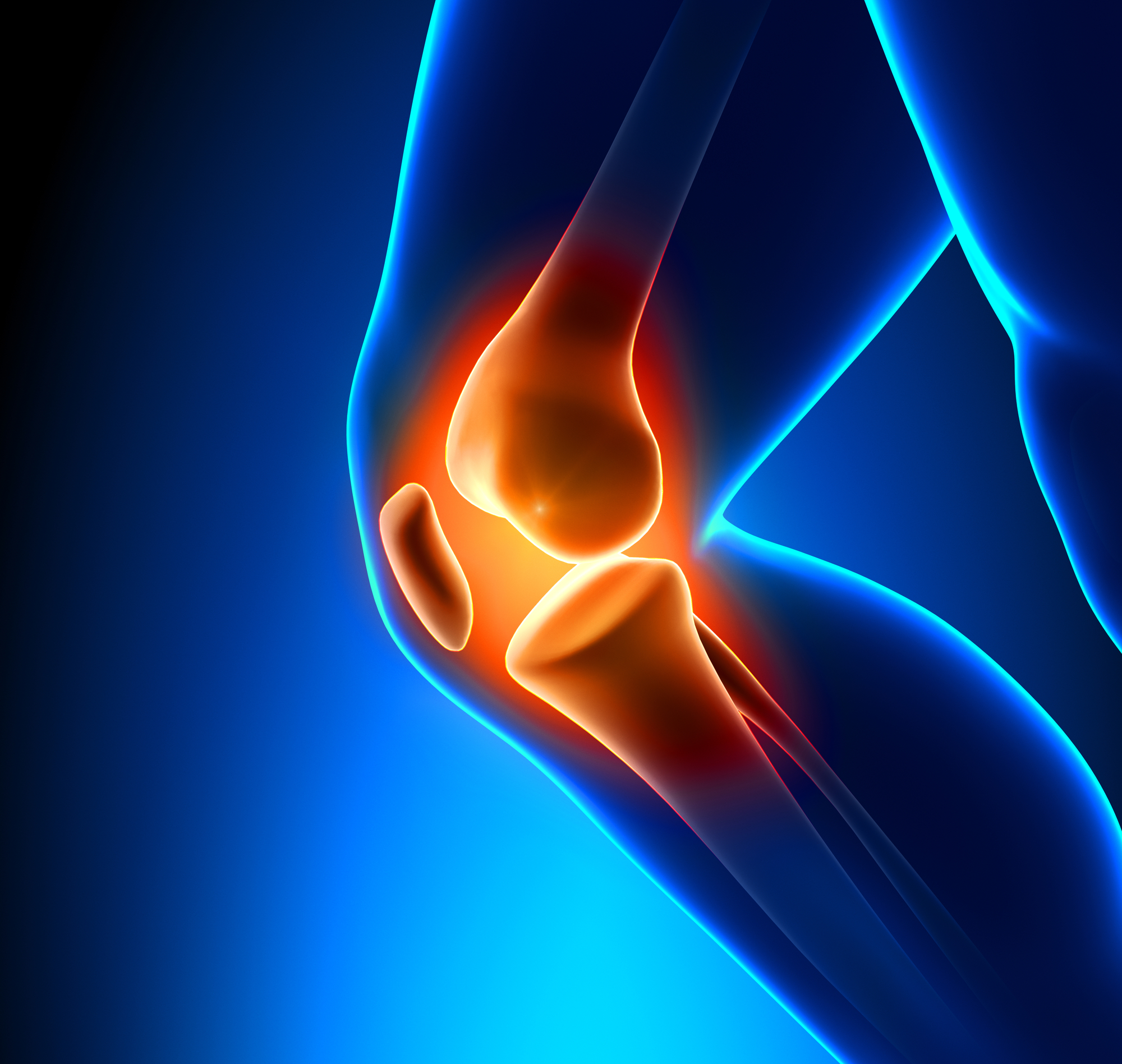Curcumin and Turmerones: A Powerful Natural Medicine Explained
There’s no doubt that we need to drastically improve our health. The fact that 60 percent of Americans are taking some kind of prescription drug should set off alarms in everyone. Synthetic medicines typically create more problems than they claim to solve. They are “one track” solutions to problems thatRead











